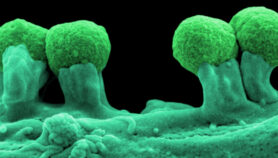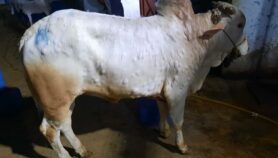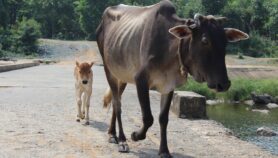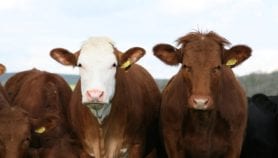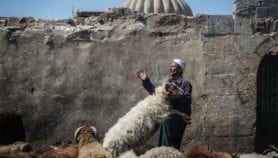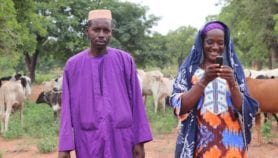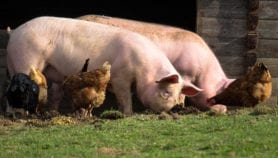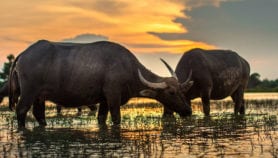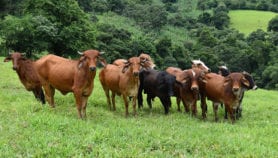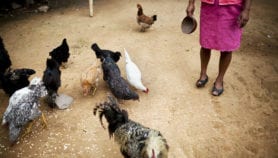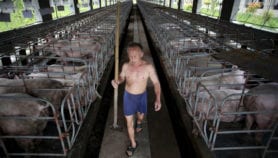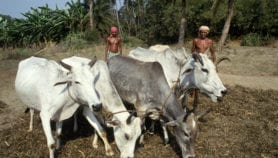27/07/23
Cows and chickens ‘at risk’ from climate change
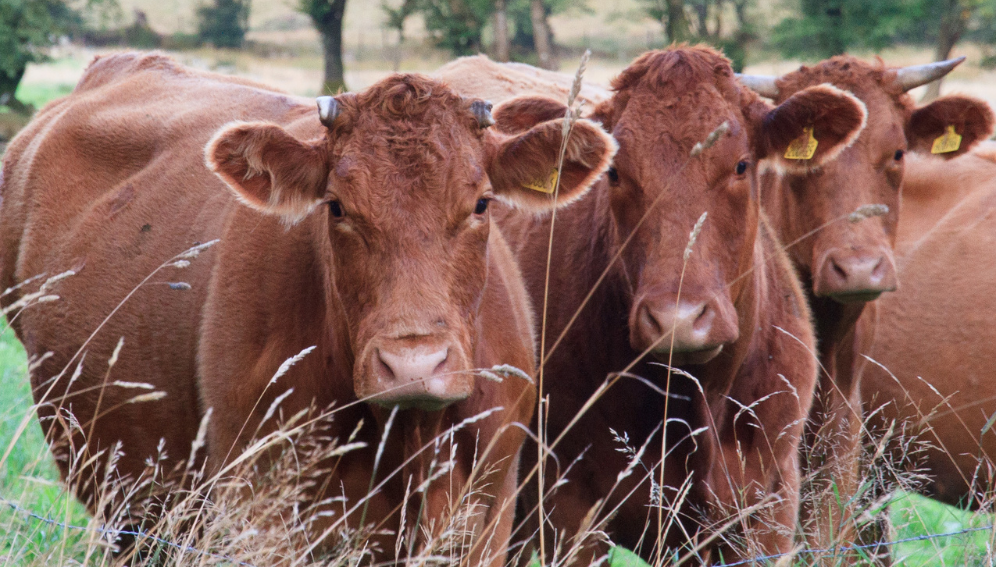
By: Dann Okoth
Send to a friend
The details you provide on this page will not be used to send unsolicited email, and will not be sold to a 3rd party. See privacy policy.
[NAIROBI] The impacts of climate change on domesticated animals such as cows and chickens will be “utterly devastating” for resource-poor countries who rely on them for food, scientists have warned.
A study published last week (21 July) in CABI Reviews, a journal produced by CABI, SciDev.Net’s parent organisation, shows that dairy cows and chickens are the domestic animals at risk from the impacts of climate change—while African elephants, bats, zebrafish, Stony creek frogs and koalas were singled out as wildlife at risk.
“Resource-poor regions may not have adequate support mechanisms to alleviate the impacts of factors such as heat stress and massive droughts,” Edward Narayan, lead author and senior lecturer, School of Agriculture and Food Sustainability at the University of Queensland, Australia, told SciDev.Net.

“Animals may not receive appropriate food, water and resources [which] will lead to cascading effects on food availability, shortages and food insecurity.
“The consequences will be utterly devastating for resource-poor countries because they will be the most impacted by climate change and as animals provide food.”
The scientists reviewed the available research to provide an overview of the impacts of a warming climate on animals generally, using examples from invertebrate species and vertebrate animals from various parts of the globe.
They said heat stress on dairy cows resulted in a 35 per cent reduction in milk production—as it significantly impacted lactation, immune functionality, and calf health.
Under the review, chickens subjected to hot conditions had a lower quality of life and lower meat quality.
The welfare of birds, especially chickens under warmer conditions, was of great concern since they do not have the capacity to regulate heat due to a lack of sweat glands.
“Resources need to be invested in poor countries to help smallholder farmers living in remote villages to provide adequate animal welfare,” Narayan told SciDev.Net.
“The main aspects will be nutrition and access to adequate environmental space and enrichment.
“Animal welfare is a new topic for many developing countries and education needs to be facilitated and this will require funding.”
Philip Thornton, from the School of Geosciences at the University of Edinburgh, UK, and fellow at the International Livestock Research Institute (ILRI) in Nairobi, Kenya, who did not participate in the research, agreed with the findings.
“Heat stress, brought on by combinations of temperature and relative humidity, can have huge effects on animal productivity, reducing the amount of milk, meat or eggs produced, with knock-on effects on prices of these products for consumers and for the food security of small-scale producers,” he told SciDev.Net.
“Given that animal-source foods are vital for vulnerable groups such as pregnant woman and children under five, these impacts are expected to have big implications for food security,” Thornton said.
Julian Fennessey, director of conservation at the Giraffe Conservation Foundation, says climate change is definitely impacting wildlife, adding that more species-specific studies of this impact are needed, especially in eastern and southern Africa.
“These may include studies linked with ecological variables, increased variability in climatic conditions including drought, human population growth and infrastructure development,” he told SciDev.Net.
This piece was produced by SciDev.Net’s Global desk.



